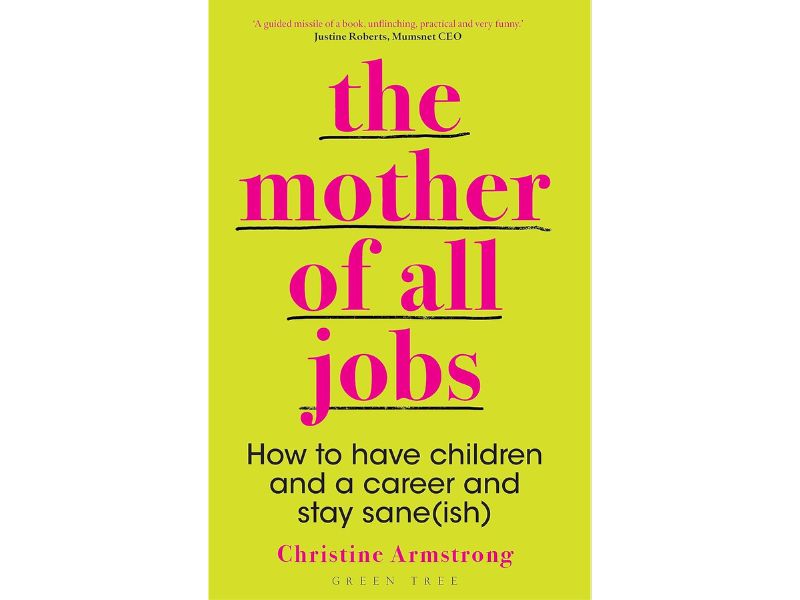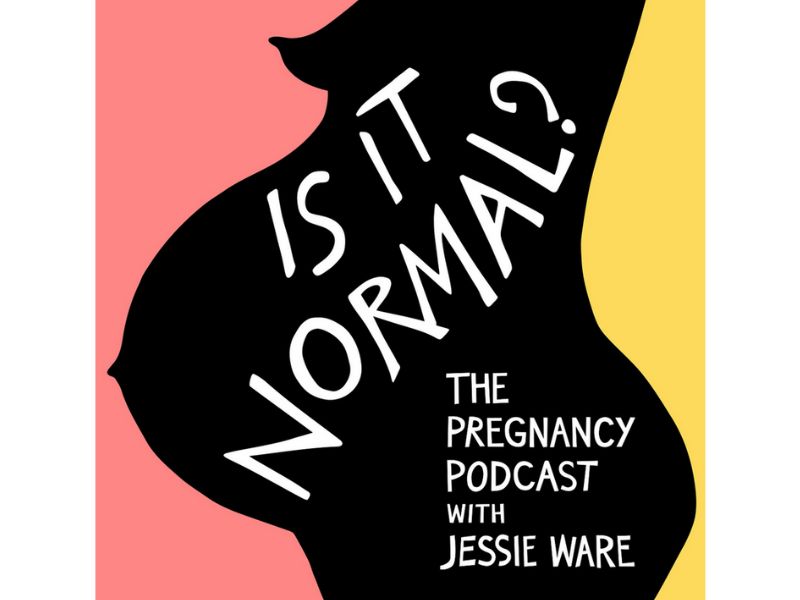A new report from the Fawcett Society, supported by the #EthnicityPayGap Campaign, shows how the ‘Motherhood Pay Penalty’ impacts a woman’s income and earning power throughout her working life and compounds the effects of the ethnicity pay gap. The Ethnicity Motherhood Pay Penalty Report is the first of its kind to break down this pay penalty by not only gender, but also by ethnicity and shows that it is affecting the lifetime income of Black and minoritised women.
The motherhood pay penalty means that women with two children take home 26% less income than women without children. The biggest driver of the motherhood pay penalty is a reduction in hours worked, which is often associated with poor-quality part-time work. This report shows that the options for picking up more hours after having children are limited for Black and minoritised women because of the dual impacts of sexism and racism, with many dropping out of the workforce entirely.
Jemima Olchawski, Chief Executive of the Fawcett Society, said:
“It’s outrageous, though perhaps unsurprising, that Black and minoritised women are so significantly disadvantaged by the motherhood pay penalty. Women must be free to make choices about what works for them and their families, but this becomes nigh on impossible when our system is set up to keep women in lower paid jobs, make re-entry to the workforce difficult, and pass over women of colour for promotion and progression. It’s absolutely crucial to recognise that mothers and women are not one homogenous group, and that the pay penalty is just one example of an issue compounded by racism and discrimination.
“Our system needs urgent reform both at business and government level to ensure motherhood does not automatically determine the future of any woman’s working life, with fair and equal parental leave policies, access to affordable and appropriate childcare, flexible work arrangements available by default, and mandatory pay gap reporting against both ethnicity and gender.”
The research shows that:
- While mothers of all ethnicities move into part-time work at similar rates, there are stark differences by ethnicity in the number of mothers who leave the workforce completely
- The employment rate of white mothers is 80% – 5 percentage points lower than the employment rate of white women without children. Whilst women of Indian, Black African, and Chinese heritage see penalties of up to 11 percentage points compared with women of the same ethnicity without children
- 38% of mothers of Pakistani and Bangladeshi heritage are employed vs 55% of non-mothers in the same ethnic group – this 17-percentage point employment gap is the highest of all ethnicities.
This is despite previous Fawcett research1 showing that 35% of women would like to work more hours than they currently do, with that number going up to 43% for women from Black, Asian, mixed or other minoritized backgrounds. Lack of flexible working options or appropriate childcare were cited as barriers to working more hours. This report shows how the impact of part-time work persists throughout a woman’s career: by the time the first child is 20, mothers will have, on average, spent ten years less in full-time work than non-mothers, and in that time see virtually no wage growth.
Dianne Greyson, #EthnicityPayGap campaigner, said:
“The Ethnicity Motherhood Pay Penalty identifies that Black and minoritised women are challenged when it comes to returning to work after pregnancy, much more than their white counterparts. Also, the report evidences that low paying, restrictive, part-time work is of great concern. You can almost say that this report identifies that things are stacked against Black and other minoritised women preventing them having fair pay which is a disgrace.
“There is enough evidence in the research report for this government to act on making the Ethnicity Pay Gap mandatory to report. There is also enough evidence for organisations to work harder to improve the lives of working mothers, in particular those who are Black and minoritised.”
The motherhood pay penalty exacerbates the pay gaps all women already face and for Black and minoritized women, there are additional challenges to career progression at every step of the way.
This research shows that:
- Black and minoritised women face bias and discrimination during pregnancy, and on their return have less access to flexible work, and are more likely to be perceived as less committed and be passed over for promotion than white women
- The problem is particularly acute amongst certain ethnic groups including mothers of Black African and Pakistani and Bangladeshi heritage who have been shown to have problems returning to the job market after breaks in employment – fewer than half of mothers of Pakistani or Bangladeshi heritage who return to work go back to the same employer, compared to two thirds of women of Indian heritage and Black women
Pregnant Black and minoritised women have less chance of getting an interview and of being successful at interview, whilst those in work have a greater chance of being forced out of their jobs. In addition, many are discouraged from attending ante-natal appointments which is particularly unhelpful for women from minoritised ethnic groups, who already receive an inferior maternity service which leads to poorer health outcomes. Black women are four times as likely to die in childbirth than white women and Black, Black British and Asian British babies have a 50% higher risk of perinatal mortality.
This disadvantage continues once a child is born, as it is expected that mothers will take the most parental leave. In addition, a lack of affordable and appropriate childcare often forces women into part time work with fewer responsibilities and less potential for career development. At each stage gender stereotypes and institutional racism put up barriers for women.
It’s also important to note that report reveals a ‘fatherhood bonus’. Which shows that while mothers with at least two children take home 26% less income than women without children due to the motherhood pay penalty, fathers with at least two children take home 22% more income than those without children. The research shows that fathers were paid consistently more per hour than men without children of the same ethnicity, ranging from 7% more for fathers of Bangladeshi and Pakistani heritage, to 24% for fathers of Black Caribbean and Chinese heritage. Only fathers of Black African heritage did not have higher pay.
Fawcett’s recommendations to the government are:
- To legislate for affordable, appropriate, and culturally sensitive early education and childcare; international evidence indicates that cultural inclusivity is central to both widening access and high-quality care.
- To make flexible work the default via an advertising duty.
- To make ethnicity pay gap reporting mandatory for employers with 100+ employee.
Fawcett’s recommendations to employers are:
- To ensure flexible work is viewed as the default working practice, with advertisements including flexible work options such as compressed hours, job sharing and working from home.
- To report on ethnicity and gender pay gaps.
- To give employees the right to know the outcomes of pay gap review.
- To create action plans to address any gaps raised in the reports.
Organisations can sign up to the end salary history pledge here.
Read more about Fawcett’s research on pay equality here.









